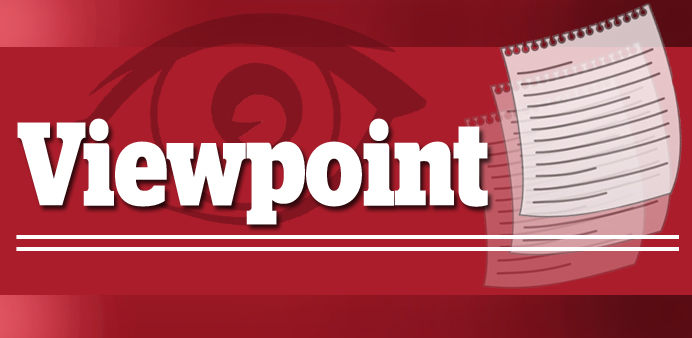A biotech stock short-seller and drug market profiteer acquires the right of a decades-old life-saving drug and jacks up its price by 5,500% in just a few months! Martin Shkreli, the pharmaceutical CEO who was arrested on securities fraud charges last week, may have made drug price increases notorious in the US. But his strategy of finding an old drug, raising its price, and taking the profit is increasingly common among a new breed of mainly US drugmakers.
Despising a business model dependent on expensive research and development, companies like Shkreli’s Turing Pharmaceuticals, Valeant Pharmaceuticals International, Rodelis Therapeutics and others have taken advantage of loopholes in the US healthcare system. Old drugs can be sold at much higher prices if the owner is willing to push the boundaries in the market. Turing took Daraprim, a potentially life-saving treatment that first came on the market back in 1953 for some children and people with HIV, and raised the price to $750 a pill from just $13.50.
“Shkreli has become the Wolf of Pharma Street - he’s basically come to represent everything that was bad and wrong with pharma,” said Art Caplan, a medical ethicist at New York University. “He’s not doing anything in terms of prices that other companies haven’t done.”
Like Shkreli, Valeant chief executive officer Mike Pearson has excelled at finding cheap drugs, boosting their price and reaping the windfall. The company took two heart drugs, Nitropress and Isuprel, and raised their prices by 212% and 525%, respectively. Rodelis boosted a tuberculosis treatment to $360 a pill from $20.
The drug industry’s lobby group, Pharmaceutical Research and Manufacturers of America, said in September that Turing doesn’t represent its values. Yet price increases are common across the industry, from big players such as Pfizer and Merck to generic drugmakers. In October a price survey of more than 21,000 generic drugs for Bloomberg News found that more than 3,500 have doubled or more since late 2007, ranging from basic chemotherapy medicines to old antibiotics.
The Big Pharma, by some estimates, spends up to $3bn to take a costly drug to the prescription table. And to be fair enough, market equations can mostly account for the quest of the industry to protect its bottom line and the interest of the investors. But the Turing scandal has shown just how vulnerable drug pricing is to the rent-seeking (increasing profits not by adding any real value for customers, but by exploiting loopholes) designs in the drugs industry.
There’s an argument that higher drug prices in the US reflect the cost premium for innovation. But in many cases – Turing is an egregious example - higher prices do not explain investments in R&D.
When profiteering stands between life and death, the drugs industry loses its credibility and moral standing. Shkreli, for sure, is being reviled for cold-blooded greed and callous indifference. The real problem, however, is not the man but the system that has let him thrive.

